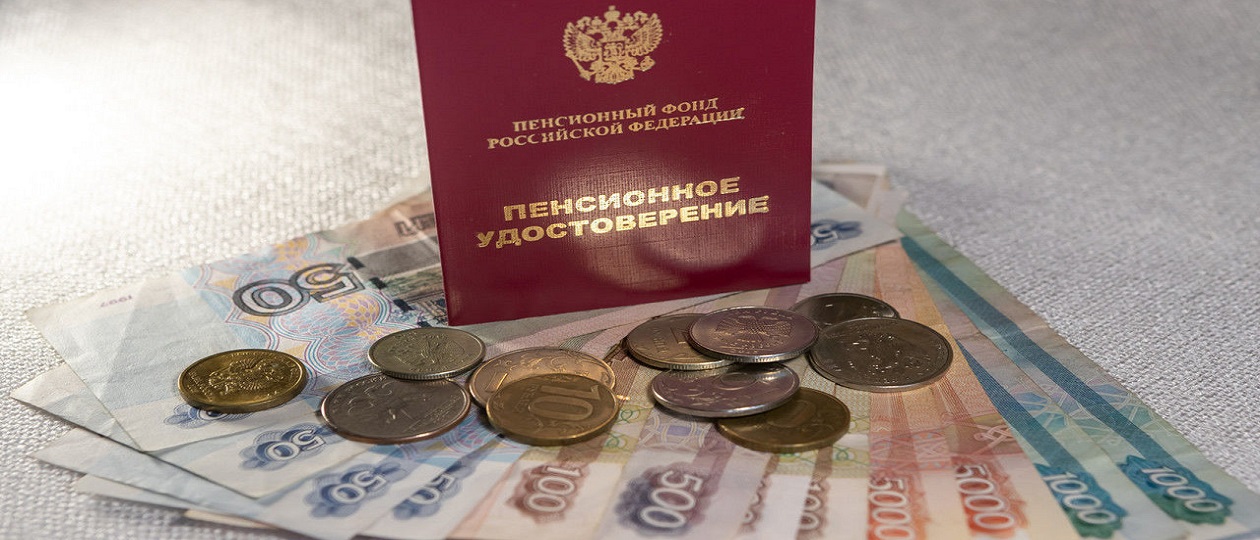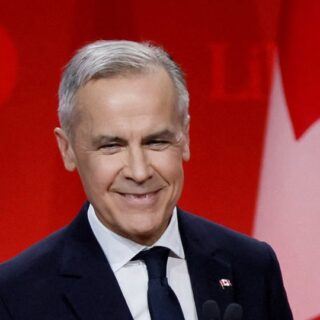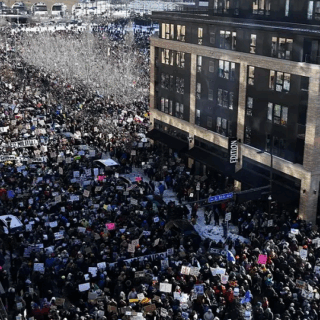
There is such an important social indicator as the “replacement rate”. It shows how much the average pension in a given country (as a percentage) is from the average salary.
A replacement rate above 50% is considered desirable — it depends on how it works out. Russia has had long-standing difficulties with this indicator. In 2012-2015, the replacement rate barely reached 35-37%.
In 2018, Russia ratified the International Labor Organization Convention, committing to maintaining the replacement rate at a level of at least 40%.
It seemed that we were already very close to this modest bar. But it turned out that this was the peak of possibilities. Then the average pension lagged further and further. If in 2018 the indicator was 33%, then by 2021 it fell to 30.6%. Then the process accelerated: in 2022, the coefficient dropped to 30%, in 2023 — to 26%. In the first half of 2024, it reached its minimum value — 25%! This, my friends, is really bad. There is nowhere to retreat below. And it is pointless to point out that “salaries are growing too fast.”
The reason is that pensions are indexed irregularly and poorly, not catching up with inflation — in violation of the constitutional obligations of the state. And pensions for working pensioners have not been indexed at all for almost ten years.
And what about the State Duma? Imagine, there is not a sound on this topic from there. They have no time. There is a bill being prepared to ban quadrobbers. Well, these are kids who imitate animals. You yourselves are quad-robbers, gentlemen. A quad is a quarter, 25% Well, and robbers — they are robbers.
I would like to replace you, but there are no elections in the country now. With this level of political replacement, things will not improve either with the economy or with pensions.





